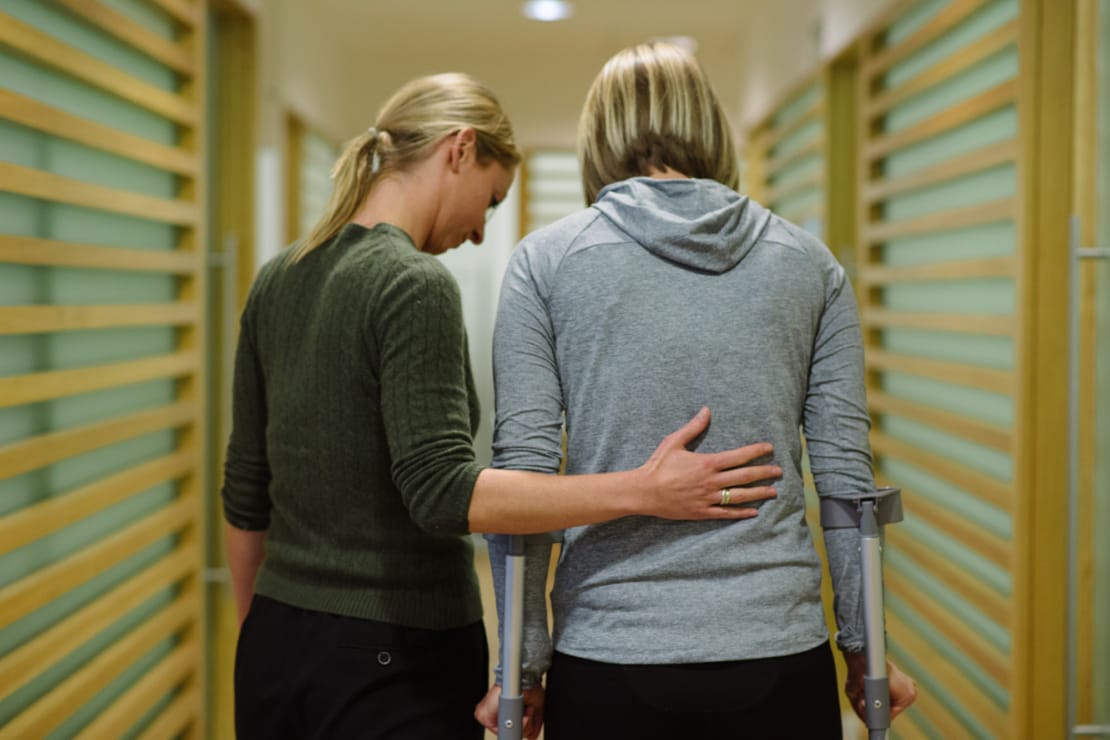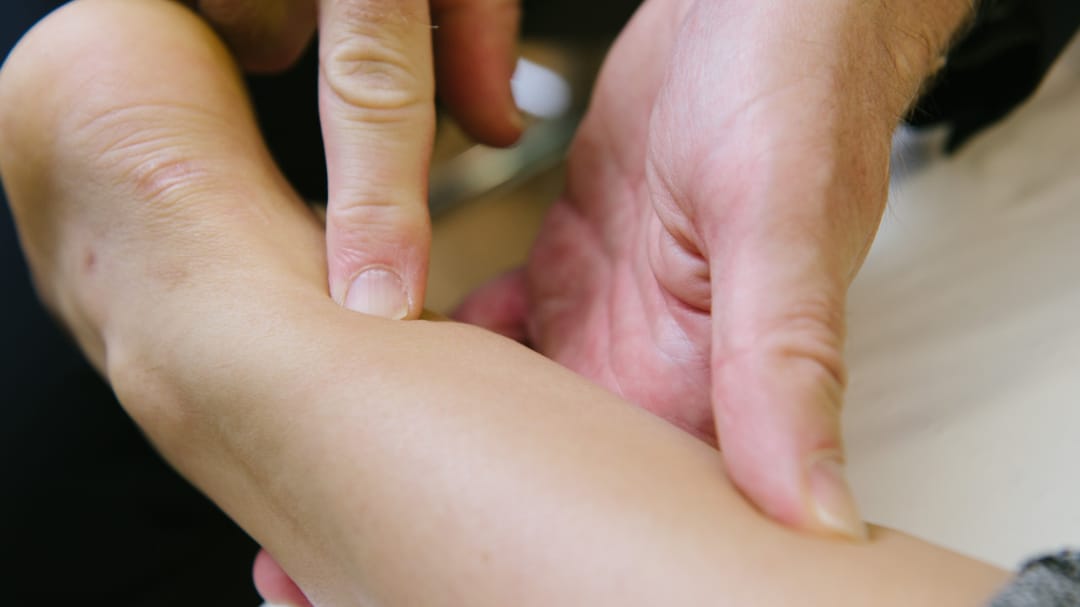Inflammatory Back Pain & Axial Spondyloarthropathy: Early Diagnosis Challenges

Dr John Etherington CBE
Medical Director & Consultant Rheumatologist
- 23 December, 2022
- Exercise
- Back Pain
- 2 min read
An article in The Times 6 December 2022 (Women Wait A Decade In Pain For an Arthritis Diagnosis) has highlighted the difficulty many patients have experienced in trying to obtain a diagnosis of axial spondyloarthropathy. This is a form of inflammatory back pain which is characterised by severe pain, associated with early morning stiffness and which frequently wakes people in the night.

It often starts at a young age – even in the teens – but which can present for the first time at any age. It is improved by exercise and, often, the use of non-steroidal anti-inflammatory drugs (NSAIDs) such as Ibuprofen.
Historically we believed it occurred more frequently in men but we now know that this is not the case – affecting all genders equally. This is highlighted in the article by National Axial Spondyloarthropathy Society (NASS) who have seen many women being disadvantaged because of that assumption. It takes a long time on average for a diagnosis to be made – 8 years for men with women taking up to 2 years longer. Women tend to spend more on their care as well.
Diagnosis is slow because public and medical awareness is poor, the symptoms are insidious and may fluctuate from day to day or month to month. Patients may not seek help for many months – and when they do their symptoms may be put down to a mechanical cause of back pain.
Diagnosis is not helped by a lack of definitive diagnostic tests – blood tests may be normal -and MRI scans need to be of the appropriate technique and scrutinised closely for inflammatory disease. To detect more cases at an earlier stage there needs to be an awareness of the disease and how it can present.
Once diagnosed, however, it is eminently treatable. The mainstay of treatment is physical activity, including aerobic activity and specific mobility, flexibility and strengthening exercises. Medication will play a part including, NSAIDs, occasionally a short course of steroids and biologic agents – newer drugs which can be very effective in these cases.
There are many people in whom the pain and limitation is very well controlled and they have full and active pain free lives – even in physically demanding roles in sport or the military. The key is to seek expert advice if you have a concern.
If you’re experiencing back pain, or are concerned you may have been misdiagnosed, please reach out to us today. Our expert Rheumatologists can assess your concern in detail and offer a correct diagnosis, ensuring you are then on the right path to recovery. You don’t have to live in pain, start getting back to your best today.

Advice
Over the last 20+ years our experts have helped more than 100,000 patients, but we don’t stop there. We also like to share our knowledge and insight to help people lead healthier lives, and here you will find our extensive library of advice on a variety of topics to help you do the same.
OUR ADVICE HUBS See all Advice Hubs

